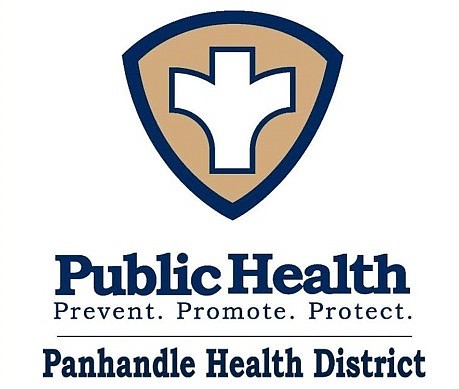Local health providers work diligently to confirm COVID-19 cases
WALLACE — Questions arose earlier this month at the Shoshone Board of County Commissioners (BOCC) meeting with Panhandle Health District (PHD) Director Don Duffy about the number of backlogged COVID-19 cases.
Local health providers are struggling with a flood of cases, resulting in many businesses dealing with employees out with sickness. As of Feb. 7, Idaho has a backlog of more than 42,000 positive COVID-19 cases that still need to be investigated, with PHD having a backlog of approximately 4,750.
“These are cases coming into the health districts that we haven’t adjudicated yet. We have them as a case, but they haven’t been entered into the system, and we haven’t done a case investigation,” Duffy said.
PHD points to the reason behind the sudden build up of cases being the highly contagious Omicron variant that swept through the Panhandle throughout most of January and continues to spread.
According to Idaho state epidemiologists, health districts throughout the state were tracking an average of 3,000 new cases of COVID-19 each day during the middle of the month of January.
“With about 3,000 positive results that Idaho public health districts are having to manage every day, it is exceedingly difficult to turn those investigations around in 24 hours and for that reason, some of our public health districts have been unable to keep up with the recent volume of laboratory results,” said Deputy State Epidemiologist Kathryn Turner.
To track a case properly so Idaho’s numbers remain accurate, public health officials must first verify that the patient is an Idaho resident and contact them to begin a case investigation. The case is submitted to the Idaho Department of Health and Welfare to include the numbers in the data.
“There is still a backlog of cases that we are working through in the health district. These numbers have been increasing for several weeks. These are cases that have not been able to be processed yet and not included in our daily case count,” said PHD’s Public Information Officer Katherine Hoyer. “Case investigations have been prioritized, and we only contact those who are in high-risk populations such as long-term care facilities, schools, or health care providers.”
These reported numbers of confirmed and backlogged cases do not always accurately reflect the total number of positive cases. For example, if someone takes an at-home test from a pharmacy, these cases will likely not be reported.
“We (PHD) look at the case count, we look at the positivity rate and we also look at hospitalization. Those last two are more valid than the actual case count. Because there are so many, we aren’t able to get,” Duffy said. “It is estimated that if all of the cases were reported, the case numbers would be doubled.”

